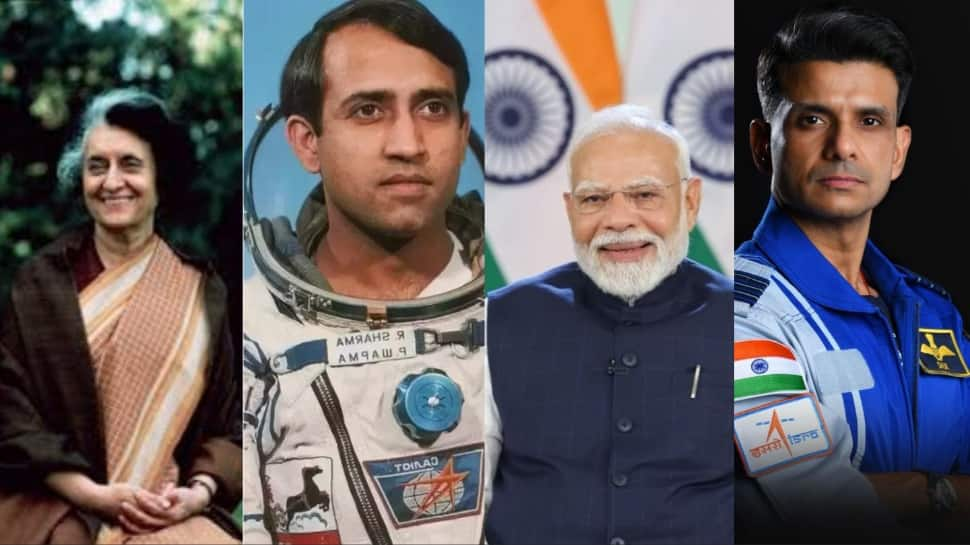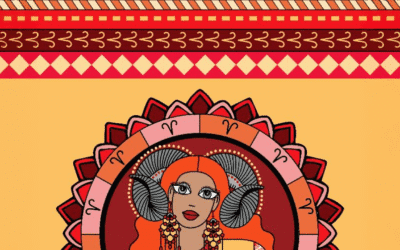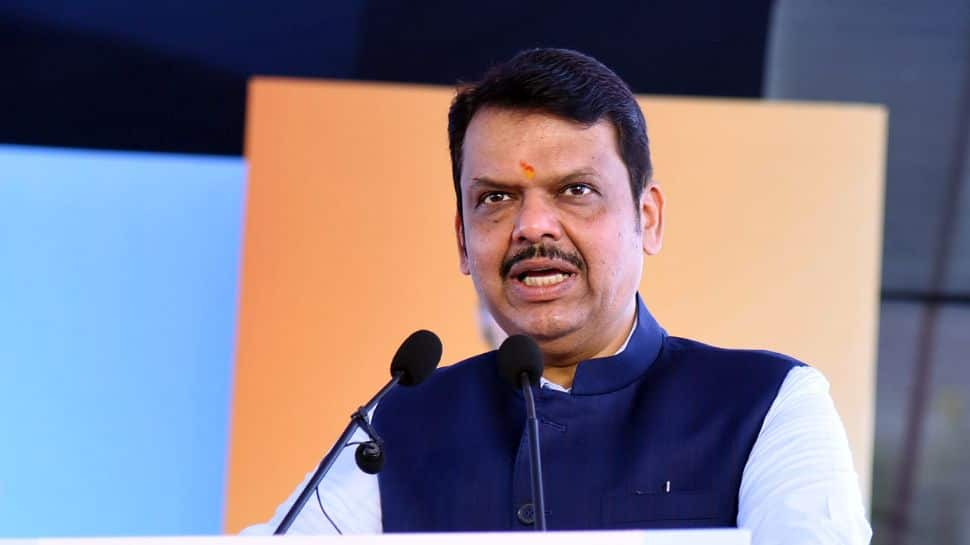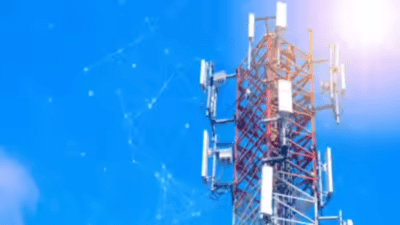From ‘Saare Jahan Se’ To ‘Bharat Mata Ki Jai’: 2 PMs, 2 Space Icons & 41 Years Of Indian Space Glory | India News

New Delhi: Forty-one years after Wing Commander Rakesh Sharma captured the world’s imagination with his now-iconic reply to Prime Minister Indira Gandhi’s question, “Saare Jahan Se Achha,” India’s space odyssey has come full circle with Group Captain Shubhanshu Shukla becoming the first Indian to fly to the International Space Station (ISS) aboard the commercial Axiom Mission-4.
On Saturday, Group Captain Shubhanshu Shukla’s heartfelt tribute from aboard the International Space Station (ISS) echoed across a more confident and space-ambitious India. His reply to PM Modi, “Jab pehli baar Bharat ko dekha, Bharat sach mein bohot bhavya dikhta hain”, wasn’t just a poetic observation but was a moment that rippled through Indian memory, evoking the pride and emotion of a landmark echo from 41 years ago.
Back in 1984, it was Wing Commander Rakesh Sharma, the first Indian in space, who famously replied to Prime Minister Indira Gandhi’s question, “Upar se Bharat kaisa dikhta hai?”, with words that have since been etched in the Indian consciousness: “Saare Jahan Se Achcha.”
That iconic phrase, drawn from poet Allama Iqbal’s stirring patriotic verse, became symbolic of India’s early ambitions in space. Sharma’s presence aboard the Soviet Salyut 7 space station during a joint Indo-Soviet mission turned him into a national hero overnight. His words inspired generations of scientists, engineers, and schoolchildren dreaming of the stars.
In 1984 Wing Commander and former Air Force Pilot Rakesh Sharma
Rakesh Sharma is first Indian who travel to space make the history
Former PM Indira Gandhi talk with Rakesh ji !
Watch and spread. pic.twitter.com/C4wpjr7iW2
— Ashish Singh (@AshishSinghKiJi) June 29, 2025
Shukla’s mission marks a generational leap for India, from piggybacking on the Soviet space programme to becoming a trusted partner in cutting-edge global missions.
The year 2025 delivers that India is no longer an aspiring space participant; it is a nation actively shaping the future of human spaceflight. Plans for the Gaganyaan mission, India’s first manned spaceflight, are underway. The Indian Space Research Organisation (ISRO) is eyeing its own space station and even lunar missions. Amidst this, Shubhanshu Shukla, a 39-year-old Indian Air Force pilot, has become the first Indian to reach the ISS, as part of a NASA-Axiom Space commercial mission.
His reflections, shared during an 18-minute video call with Prime Minister Narendra Modi, offered not just technical insight but emotional resonance. “From here, you don’t see borders. You see one Earth,” Shukla said. “India looks huge from here, bigger than on any map.”
Sky is never the limit.
Bharat Mata Ki Jai pic.twitter.com/x7mptNFpNS
— Smriti Z Irani (@smritiirani) June 28, 2025
In his call with PM Modi, Shukla spoke about the challenges of living in zero gravity, how even drinking water or sleeping requires effort and adaptation. He humorously described strapping his feet down during the call to avoid floating mid-sentence.
To which PM Modi responded with, “Today you are farthest from the motherland but closest to the hearts of 140 crore Indians.”
The Indian astronaut also spoke about sharing carrot halwa, moong dal halwa, and aamras with international crewmates aboard the ISS. “Everyone liked it,” he said, adding, “They now want to visit India someday.”
While Sharma’s 1984 journey was a moment of symbolic pride, Shukla’s 2025 mission is also a strategic milestone. It reflects India’s transition from observer to active participant in global space exploration. As India prepares to launch its own human spaceflight mission (Gaganyaan) and develop a Bhartiya Antariksha Station, Shukla’s journey reinforces national confidence.
The two astronauts, under two Prime Ministers, now bookend four decades of Indian space ambition. Where Sharma’s reply was poetic, Shukla’s is declarative. Where Sharma flew under Soviet wings, Shukla carries India’s flag to the ISS in collaboration with America.
Shukla’s message to the country carried the weight of history and the promise of the future.
“This is not just my achievement. This is a collective leap for our country,” he said, before concluding with the words: “Bharat Mata ki Jai.”







